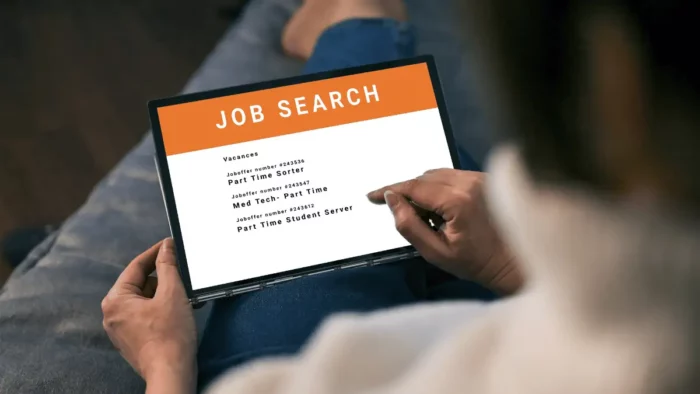Even highly respected executives and other leaders in the world of business do not always stay on the right side of the law. When those responsible for running or managing a company start leading it astray, the harm to the public interest can mount for months or years if no one steps up to blow the whistle.
Many people who are well-positioned and personally inclined to point out corporate malfeasance, though, end up keeping quiet because of fears about their safety. A bit of research and preparation can drastically improve the odds of remaining safe as a whistleblower who performs a societally important service.
Blowing the Whistle Can be an Important Form of Service to Society
Law firms like Elias regularly work with whistleblowers who have decided that illicit corporate behavior needs to be exposed to the light of day. In recent years, the number of whistleblower case filings at the federal level has jumped sharply, thanks in large part to increased awareness of the types of support and protection that are available.
Anyone who considers becoming a whistleblower, though, will always do well to try to personally protect their own interests. Making even a relatively minor mistake at an early stage of the process can expose a whistleblower to retribution and other dangers.
That should never be taken as a reason to refrain from living up to such an important duty, however. Whistleblowers have been responsible for unearthing more corporate fraud and other forms of malfeasance than most people realize.
Whistleblowers Never Need to Become Exposed to Undue Danger
Fortunately, whistleblowers who act with particular care and discretion can generally count on staying safe. The five most important things to keep in mind when blowing the whistle are that:
Protection and support are available
Some whistleblowers fail to make appropriate use of the legal protections and forms of support that are available to them. This will always be a serious mistake, as it will leave the balance of power tilted in favor of a powerful corporation. Simply getting in touch with a lawyer early in the process frequently proves to be one of the best moves a whistleblower could make.
Documentation makes a difference
Some types of corporate malfeasance seem so blatant at the time that it might be thought they could never be covered up. Whistleblowers who fail to document the problematic activities they observe, though, always end up making weaker cases than others. While it will always be necessary to develop documentation discreetly, it should never be neglected.
Patience pays off
Some cases lodged by whistleblowers take years to resolve even when the relevant facts seem clear to all involved. Instant gratification is never to be expected when blowing the whistle, so it will always be best to prepare for the long haul. Being patient about the process will make potentially dangerous mistakes less likely.
Discretion is best
After becoming privy to the existence of illegal activity, it can be tempting to start talking to anyone who will listen. That too often backfires on whistleblowers, though, with even a casual comment potentially leading to a dangerous cascade of retributive reactions.
Financial security provides protection
Many whistleblowers who end up suffering harm do so because of a lack of financial resources. Trying to become as financially resilient as possible before and during the process of blowing the whistle will help keep such threats at bay.
While becoming a whistleblower is always a significant step, people who keep these facts in mind can maximize their chances of doing so safely. Whistleblowers regularly root out criminality and corruption, making society safer for everyone in the process.





